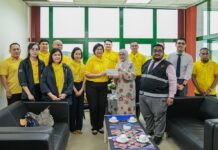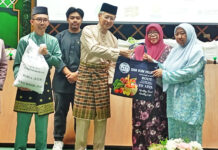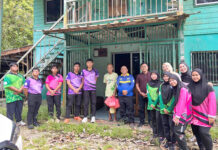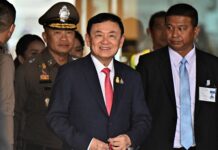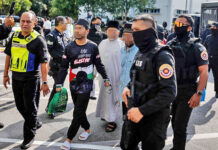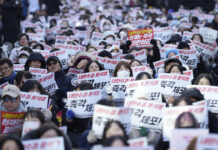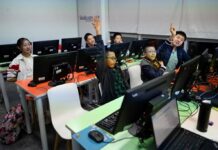Danial Norjidi
At the 2nd ASEAN Women Leaders’ Summit 2022, the Association of Southeast Asian Nations (ASEAN) and United Nations (UN) Women, the UN entity dedicated to gender equality and women’s empowerment, issued the ‘ASEAN Policy Action Brief: Advancing Gender and Business Reporting to Implement the Women’s Economic Principles (WEPs) as Part of an inclusive COVID-19 Economic Recovery’.
Speaking at the recent summit, Secretary-General of ASEAN Dato Paduka Lim Jock Hoi in his opening remarks highlighted the transformative role of women as agents of inclusive economic growth. “More than a moral imperative, bridging the gender gap makes economic sense,” he said.
With regards to its purpose, the policy action brief explained that, building on the commitments of ASEAN member states under the Convention on the Elimination of All Forms of Discrimination Against Women (CEDAW), the ASEAN Community Vision, the ASEAN Comprehensive Recovery Framework, and other regional framework agreements, “This brief has the key objective of providing actionable guidance and recommendations for ASEAN policymakers to advance gender-responsive business conduct in the private sector and enhance recovery from the COVID-19 recession through full engagement of women as leaders, workers, and entrepreneurs.”
The policy action brief included a summary of major issues around women’s economic empowerment in ASEAN, presents how the WEPs can provide a useful framework for both the public and private sector to address these issues, and discusses the specific role ASEAN can take in leading real progress on women’s empowerment and gender equality.

It also showcases case studies from ASEAN member states, particularly effective policies and catalytic actions to enhance knowledge exchange and good practices on promoting gender-inclusive workplaces and marketplaces.
“By following the recommendations in the brief, ASEAN member states can accelerate momentum for positive economic change and support policymakers to: advance targetted public policies and regulations to create an enabling environment for gender-inclusive workplaces and marketplaces; and enhance private sector engagement to commit to and implement the WEPs.
“Advancing these will accelerate the achievement of women’s economic empowerment and the momentum for positive economic growth both at the country and ASEAN regional level.”
According to a press statement, the policy action brief notes that while the ASEAN region has made progress in closing gender gaps, “women have disproportionately borne the negative effects of the pandemic in terms of unemployment, income loss, business failure, increased risk of domestic violence, and increased unpaid domestic and care responsibilities. Therefore, inclusive economic recovery lags as a result”.
It was shared that ASEAN and its member states have the opportunity to catalyse women’s economic participation and empowerment by developing enabling public policies to advance women’s equal participation and leadership in business, as well as encouraging private sector companies to report progress on gender-specific indicators.
The statement added that women’s equal participation in business is key to their economic empowerment, and by extension to all economic and societal development. Governments across ASEAN have made international and national commitments to support private-sector efforts in this direction.
“We recognise the strong commitment of businesses to adopt and implement the WEP as well as the ASEAN’s commitment to promote women’s economic empowerment. Combining these efforts can provide a key pathway for COVID-19 recovery,” said Regional Director of UN Women Regional Office for Asia and the Pacific Sarah Knibbs.
The action brief urged ASEAN and its member states to take three priority steps to empower women business leaders and workers.
One such step, as the statement elaborated, is “affirming high-level commitments of the governments and private sector companies in the ASEAN region to adopt national policy frameworks and strategies to promote gender-responsive business practices, including women’s leadership in entrepreneurship”.
A second key action area is advancing gender quality in workplace and marketplace through promotion and/or adoption of policies for equal treatment in the workplace, supporting women-led businesses, creating inclusive supply chains and gender-responsive business practices.
“ASEAN can do this by promoting data availability and provide policy guidance and analysis on private sector engagement to promote women’s economic participation and empowerment as well as regional knowledge exchange to identify challenges and solutions,” it said.
The third priority area is accelerating private sector reporting of progress on gender equality. The statement explained that “this includes setting targets and indicators, reporting, analysis and use of sex-disaggregated data to track progress, for example, WEPs Transparency and Accoun-tability Framework”.
The brief also cited promising practices in the region that can be replicated. “For example, the number of women senior managers has recently increased in Malaysia after its leaders implemented a series of targets for women in leadership positions.
Indonesia, the Philippines and Singapore require listed companies to produce annual sustainability reports that include gender-related indicators.”


